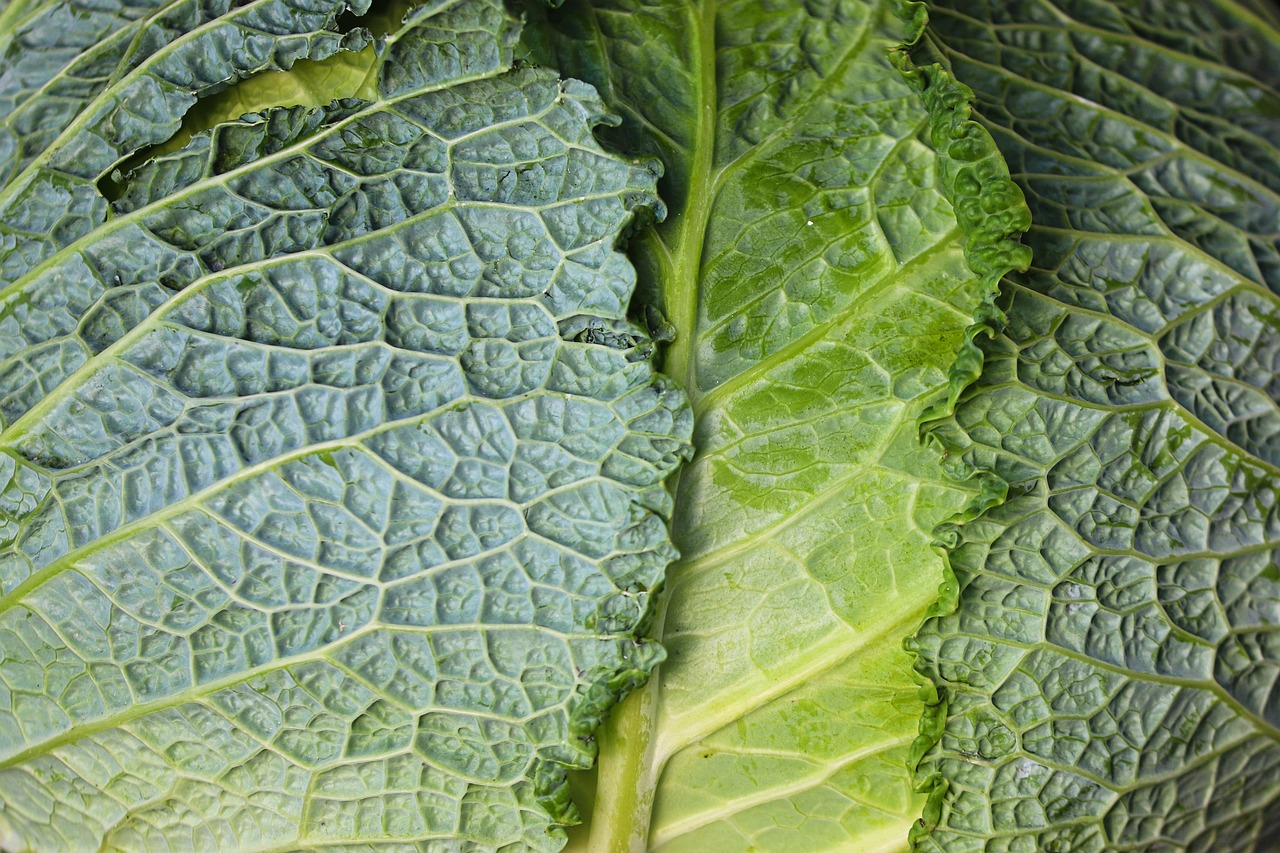“`html
Unlocking the Power of a High-Protein Diet
In recent years, high-protein diets have gained significant traction among fitness enthusiasts and those seeking healthier lifestyles. These diets, rich in protein-rich foods, promise numerous health benefits, including weight loss, muscle gain, and improved metabolic health. But what exactly does a high-protein diet involve, and how can you effectively incorporate it into your daily routine? In this blog post, we will explore the ins and outs of a high-protein diet, examining its benefits, food sources, potential risks, meal planning tips, and how to personalize your approach.
Understanding High-Protein Diets
A high-protein diet typically emphasizes the consumption of foods that are rich in protein while balancing carbohydrate and fat intake. While definitions may vary, a general guideline is that approximately 25-30% of daily calories should come from protein.
The Role of Protein
- Supports muscle repair and growth
- Enhances satiety, aiding in weight management
- Promotes healthy skin, hair, and nails
- Helps in hormone production and immune function
Benefits of a High-Protein Diet
Choosing a high-protein diet can lead to various health advantages. The benefits are not only physiological but also psychological, making it an appealing option for many. Here are some key benefits:
Weight Management
- Increased Satiety: Protein increases feelings of fullness, helping to reduce overall calorie intake.
- Thermic Effect of Food: Protein has a higher thermic effect compared to fats and carbohydrates, meaning your body burns more calories digesting protein-rich meals.
Muscle Growth and Repair
Protein is essential for muscle repair and building, especially for those engaged in regular exercise, such as weight lifting or endurance sports. Incorporating protein into your diet can help:
- Enhance recovery post-workout
- Maximize muscle protein synthesis
Improved Metabolic Health
- Regulated Blood Sugar Levels: High-protein foods can lead to better regulation of blood sugar levels, reducing the risk of type 2 diabetes.
- Heart Health: Some high-protein diets that focus on lean proteins and healthy fats can lower risk factors associated with heart disease.
High-Protein Foods to Include in Your Diet
Building a high-protein diet is as much about knowing what to eat as it is about planning your meals. Here’s a list of foods you can easily incorporate:
Animal-Based Protein Sources
- Chicken breast
- Turkey
- Fish (salmon, tuna, etc.)
- Lean cuts of beef or pork
- Dairy products (Greek yogurt, cottage cheese)
Plant-Based Protein Sources
- Lentils and beans
- Chickpeas
- Tofu, tempeh
- Nuts and seeds
- Quinoa and whole grains
Meal Planning for a High-Protein Diet
Effective meal planning is crucial for anyone looking to maintain a high-protein diet. Here are some practical tips:
Start Your Day Right
- Choose a protein-rich breakfast like scrambled eggs with vegetables or Greek yogurt with nuts.
- Consider adding protein powder to smoothies for an extra boost.
Make Smart Substitutions
- Use Greek yogurt instead of sour cream in recipes.
- Swap regular pasta for chickpea or lentil pasta for more protein.
Potential Risks and Considerations
While a high-protein diet can be beneficial, there are important considerations to keep in mind to ensure you are eating a balanced diet:
Balanced Nutrient Intake
- It’s essential to include healthy fats and carbohydrates to maintain overall health.
- Focus on whole, unprocessed foods to avoid excess sodium or unhealthy fats.
Consult with Healthcare Professionals
Before making significant dietary changes, especially for people with health conditions (like kidney issues), it is wise to consult with a healthcare provider or a registered dietitian. This ensures that your diet meets your individual health needs.
Conclusion
Incorporating a high-protein diet into your lifestyle can yield numerous health benefits, including improved weight management, muscle building, and enhanced metabolic health. By understanding the role of protein, selecting the right food sources, and effectively planning your meals, you can reap the rewards of this dietary approach. Remember, while a high-protein diet can be beneficial, it is essential to maintain balance and consult professionals when needed to ensure a well-rounded and healthy eating plan.
“`






